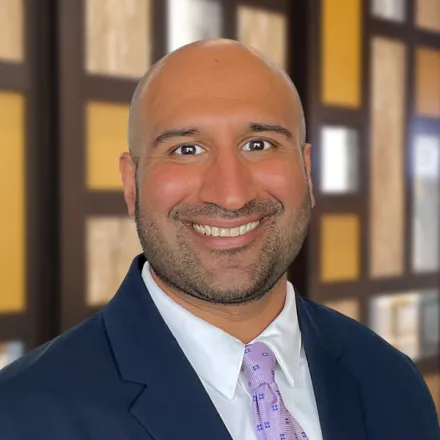
Building your knowledge and net worth
“Banker talk” – it can sometimes be intimidating to decipher, given the jargon often used to describe financial and wealth strategies that could benefit you. But there are ways to improve your financial literacy and cut through to what matters.
While there is no shortage of financial information available, the challenge is putting it to use. Most people know that they should have a financial plan, but spend more time planning their annual vacation then they do their retirement. In order to change the way you think about your finances, you might need some help in identifying ways to increase your financial acumen and understanding.
Get help from the experts
You’ll want to establish a relationship with an advisor you can trust; it’s critical to achieving your goals. Unfortunately, first finding, then evaluating financial advisors can be a daunting task.
To begin, you are looking for the right combination of expertise and experience. Credentials can help you confirm qualifications. While there is an alphabet soup of acronyms used by individuals claiming to be “advisors”, some are more highly regarded within the industry. For example, the Certified Financial Planner (CFP) accreditation requires a minimum of three years of financial planning experience, completion of a comprehensive curriculum, as well as ongoing education to make sure skills are kept up to date.
Just as important as education is experience. How long has the advisor been in the business? Have they worked with people like you? Can they provide references? You'll want to know that they have extensive real-work experience in addition to any theoretical training.
Finally, you'll want an advisor who takes time to get to know you and learn about your circumstances. Look for someone who connects with you on a personal level and can explain things in a way you can easily understand. Establishing a relationship built on trust can give you peace of mind and confidence that your advisor has your best interests at heart.
Lifelong learning
Recognize that financial literacy is a lifelong process – not a quick fix. Research shows that those who take a single course in money management, finance, or economics perform no better when tested for financial literacy. You can't retain or apply much in the way of knowledge or skills based on one learning opportunity. The acquisition of effective and relevant knowledge, skills, and attitudes takes time and a long-term commitment.
Throughout your life, you will reach certain milestones such as graduation, marriage, buying a new home, or retirement, and encounter potential roadblocks such as a major illness or job loss. Use these key events as learning opportunities. Do your own research and learn about the financial impact and strategies for successfully managing each life stage or event. Then consult your financial advisor to establish or review your financial plan to reflect your needs at each of these key events and to prepare yourself for the unexpected.
If you want to stay up to date on the latest financial trends, there are a number of useful online financial resources to choose from. Consider bookmarking your favorite financial or business websites and reviewing them periodically for news and updates. Subscribe to a newsfeed or newsletter from a reputable financial source to keep abreast of trends or developments. Explore relevant financial blogs for real-time consumer feedback or utilize many of the online financial calculators to assist with your personal budgeting and planning.
BlueShore Financial provides a number of helpful resources on this website including investment calculators, mortgage selectors, and a series of advice videos. By doing your homework you'll continually increase your financial IQ.
Start early
As with most life skills, starting early in life greatly improves the chances for long-term success. This certainly holds true for financial literacy.
BlueShore Financial offers an innovative program called Wishbank, designed to introduce basic money management concepts to children in their primary school years.
Wishbank is a piggy bank with three sections – save, spend, and share – that help teach children how to allocate money to achieve their goals, share with others, and build for their dreams. It provides a foundation for lifelong learning of healthy money management habits and community giving.
No matter what stage of life you're at, increasing your financial knowledge leads to confidence and a willingness to ask key questions before making important decisions. Consulting a professional financial advisor can also help you make sense of your situation by exploring your options and helping you determine the best strategy to meet your needs.

Have a question? Ask an expert
JT Rai Financial AdvisorMutual Funds Investment Specialist
Our team of experienced professionals are here to answer any questions you may have.

